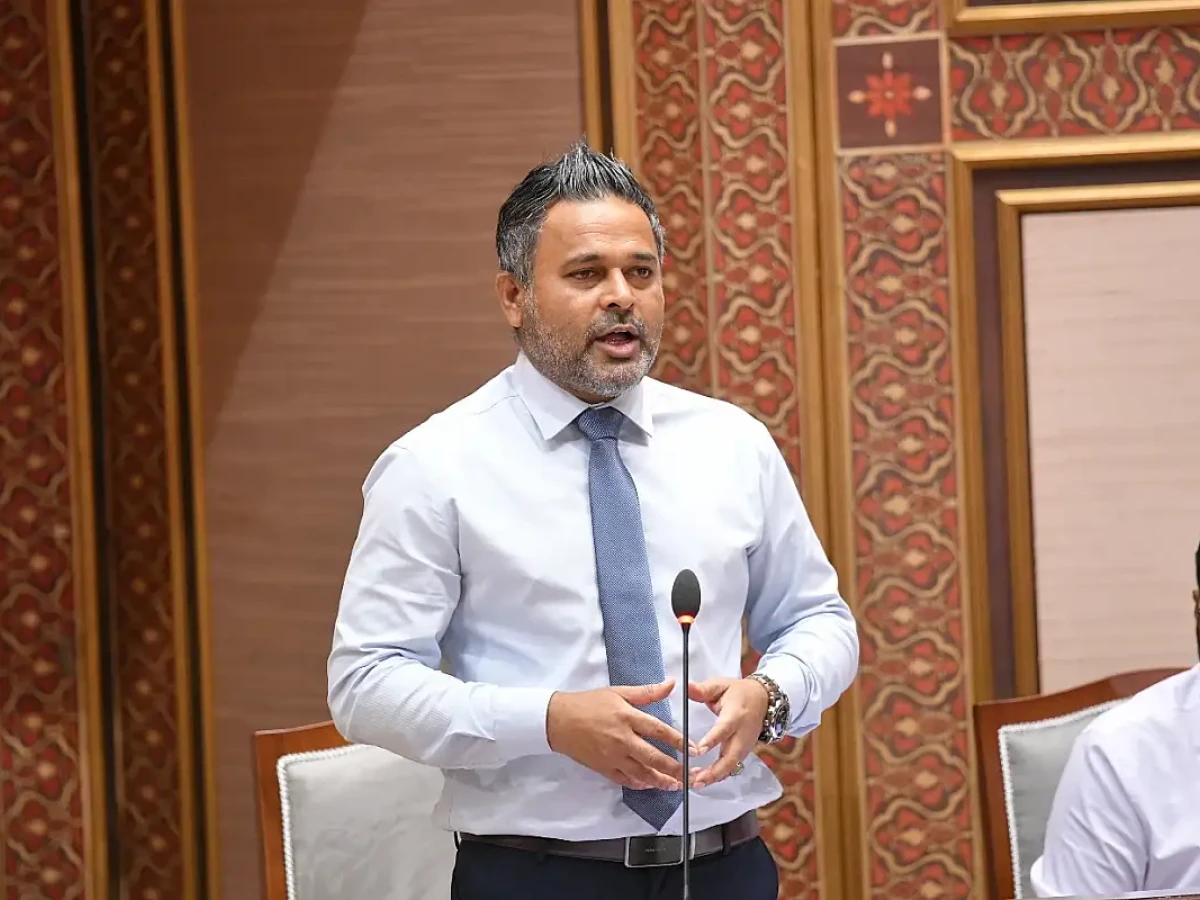
Transforming Fisheries : World Bank-Funded Project to Boost Maldivian Fishing Industry
The Maldives fishing industry is set for a significant boost with the launch of the Transforming Fisheries Sector Management in the South West Indian Ocean Region and Maldives Project. This ambitious project, fully financed by the World Bank, aims to enhance fisheries management and increase competitiveness and efficiency among fishermen in the region.
Minister of Fisheries and Ocean Resources Ahmed Shiyam announced the project during a ceremony inaugurating the information session workshops. He emphasized the project’s primary goal: to implement evidence-based fisheries management in the Southwest Indian Ocean region. "This is the largest project ever initiated in the Maldivian fishing industry," Shiyam remarked, expressing gratitude for the World Bank's financial support.
The project, valued at USD 64.8 million, is designed to be completed over seven years. The Indian Ocean Commission will contribute USD 12 million, while the Maldives will contribute USD 52.8 million, half of which will be provided at no cost. The project is structured into three main phases to ensure comprehensive development and sustainability in the fishing industry.
Phase One: Research and Development
The first phase focuses on conducting extensive research to enhance and develop the fishing industry in the Southwest Indian Ocean region. This foundational phase aims to gather critical data and insights that will inform the subsequent phases of the project.
Phase Two: Utilization of Scientific Knowledge
In the second phase, the project aims to augment the utilization of scientific knowledge and strengthen regional capacity for fisheries management. This involves integrating advanced scientific techniques and methodologies into the management practices, thereby ensuring sustainable and efficient use of marine resources.
Phase Three: Promoting Competitiveness
The third and final phase is designed to assist the Maldives in becoming a catalyst for increased competitiveness within the fishing industry. This phase includes providing matching grants as financial assistance to small and medium enterprises (SMEs) in the industry. By supporting SMEs, the project seeks to foster innovation and growth, ultimately leading to a more dynamic and competitive fishing sector.
Minister Shiyam highlighted the alignment of the project with the new policies adopted by the current administration, reiterating President Dr. Mohamed Muizzu's goals of developing and enhancing the fishing sector. He expressed confidence that the project will bring significant advancements to the industry, benefiting fishermen and the broader community.
"The Transform Project represents a monumental step forward for the Maldivian fishing industry. With the support of the World Bank and the Indian Ocean Commission, we are poised to achieve remarkable progress in fisheries management and industry competitiveness," Shiyam stated.
The launch of the Transform Project marks a significant milestone in the Maldivian fishing industry's history. By focusing on research, scientific knowledge, and competitiveness, the project aims to create a sustainable and thriving fishing sector that can compete on a global scale.
As the project progresses, it is expected to bring about substantial improvements in fisheries management practices, benefiting not only the local fishermen but also contributing to the overall economic development of the Maldives. The project's comprehensive approach ensures that all aspects of the fishing industry are addressed, paving the way for a more prosperous and sustainable future.
In summary, the Transforming Fisheries Sector Management Project is set to revolutionize the Maldivian fishing industry. With substantial funding from the World Bank and the Indian Ocean Commission, the project will enhance fisheries management, promote competitiveness, and support SMEs in the industry. This initiative underscores the Maldives' commitment to sustainable development and economic growth in the fisheries sector.